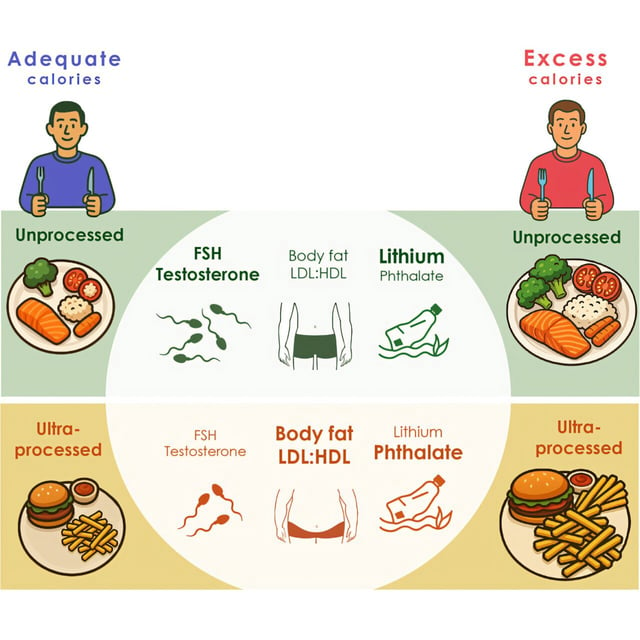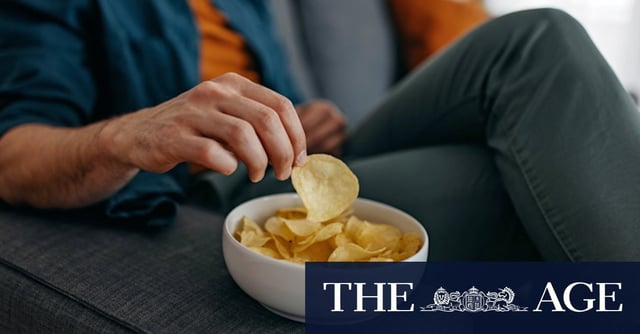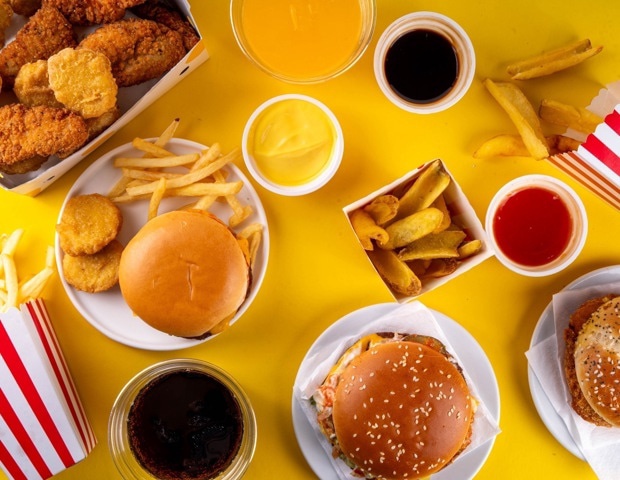Overview
- Participants gained about 1 kilogram more fat mass during three weeks on an ultra-processed diet than on a minimally processed diet, regardless of whether they were on maintenance or surplus calories.
- The two diet phases were separated by a three‑month washout, and meals were matched for calories, protein, carbohydrates, and fat to isolate the effect of processing.
- Men on the ultra-processed diet showed decreases in testosterone and follicle-stimulating hormone, both important for sperm production.
- Biomarker analysis found higher levels of the hormone-disrupting phthalate cxMINP in participants during the ultra-processed phase.
- The authors, reporting in Cell Metabolism, say the findings indicate harms tied to processing itself and urge updates to nutritional guidance.


